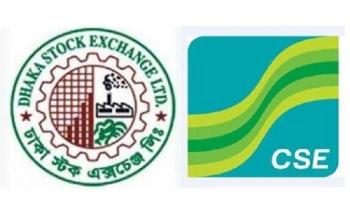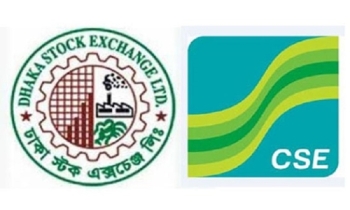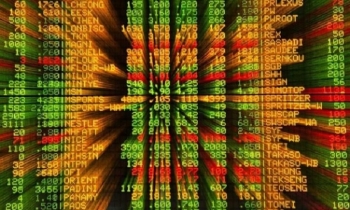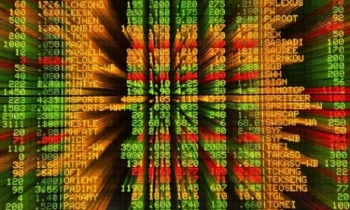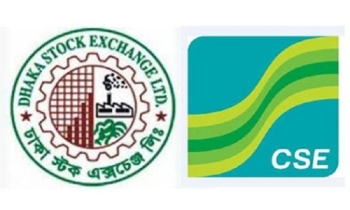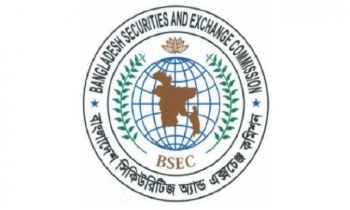New era begins as trading of bonds in secondary market starts Monday
BI Report || BusinessInsider

Graphics: Business Insider Bangladesh
Finally, Bangladesh Bank has taken a bold step allowing retail investors direct access to the government securities (G-Sec) trading platform in the country’s two bourses – Dhaka and Chattogram stock exchanges from Monday.
Market analysts and investors said the move will create more investment opportunities for the people and it will make the country’s secondary stock markets more vibrant and participatory.
Bangladesh Bank Governor Abdur Rouf Talukder on October 3 disclosed that the government treasury bonds trading will start in the secondary markets next week, a development that will end the wait of more than a decade.
“This is a very positive move,” said a merchant banker requesting not to be named.
He said when the markets slump amid turmoil times; some investors take their money out and put it in banks and other safe investment tools. “Now a chance has been created to keep the money in the market as investors will be able to pour the money in bonds instead of speculative stocks,” he commented.
In 2011, the Bangladesh Bank allowed online transactions of treasury bonds and bills, but that must be through the over-the-counter (OTC) market or the Anonymous Order Matching, which is not friendly for general investors. But not a single trading took place so far.
To make the transactions easy for the general investors, trading of bonds will be allowed on DSE and CSE platforms in addition to the Market Infrastructure Module, said the BB in a circular on October 6.
What are treasury bonds?
Government bonds are the securities through which the Bangladesh government raises capital from the market to meet its fiscal deficit. Since these bonds are issued by the government, they are measured risk-free. But unlike equities, government bonds have specific tenure and don't allow investors to redeem before the maturity period. By buying a bond, or debt security, a person is lending money for a set period and charging interest—the same way a bank does to its debtors.
Treasury bonds, which are long-term in nature, are the largest debt tools through which the government of Bangladesh raises money from the market for various tenures. Presently in Bangladesh, there are around 250 treasury bonds valued at over Tk3 lakh crore.
Government securities market in Bangladesh:
The government securities market of Bangladesh consists of tradable and non-tradable securities. Non-tradable securities include National Savings Certificates i.e. Sanchayapatra and Sanchaya Bonds which are only for retail investors.
The tradable securities include Treasury Bills (T-Bills) of 91, 182 and 364 days maturities and Bangladesh Government Treasury Bonds (BGTB) of 2, 5, 10, 15 and 20 years maturities.
T-Bills and BGTBs are issued through auctions. Only Primary Dealers (PD) can submit bids in the auctions. Other institutions and individuals can submit bids in the auction but through the PDs. At present 20 banks are performing as Primary Dealers. T-Bills and BGTBs can be sold in the secondary market, but not a single trading took place in the secondary market.
Non-resident individual and institutional investors are also eligible to buy treasury bonds through a Non-Resident Foreign Currency Account and Non-Resident Investor's Taka Account maintained with commercial banks of Bangladesh.
Bangladesh Bank has its own depository system for the transaction and settlement of Government securities in the Market Infrastructure (MI) Module. In 2011 BB introduced this automated system to expedite the primary auction and secondary market.

